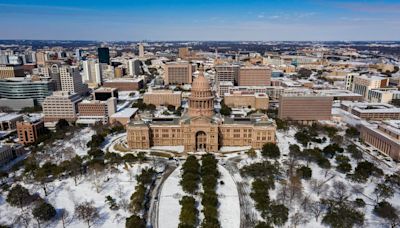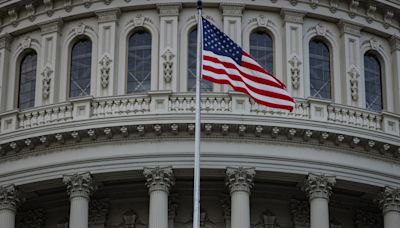Search results
- DictionaryDis·as·ter/dəˈzastər/
noun
- 1. a sudden event, such as an accident or a natural catastrophe, that causes great damage or loss of life: "159 people died in the disaster"
something that causes a lot of harm or damage: floods and other natural disasters. Fewer examples. an environmental disaster. The scale of the disaster is becoming more apparent every day. He was a victim of the Chernobyl nuclear disaster. The plane crash was the worst disaster in the country's history.
- link.springer.com
- › Handbook of Disaster Research
Nov 17, 2017 · 30) define a disaster as “a situation involving a natural hazard which has consequences in terms of damage, livelihoods, economic disruption and/or casualties” that outstrip local capacity to cope.
a thing or person that is very likely to cause danger or a problem in the future because of the condition it is in or the way they behave. See disaster in the Oxford Advanced Learner's Dictionary. Check pronunciation: disaster. Definition of disaster noun in Oxford Advanced American Dictionary.
A natural disaster is the highly harmful impact on a society or community following a natural hazard event. Some examples of natural hazard events include floods, droughts, earthquakes, tropical cyclones, lightning strikes, tsunamis, volcanic activity, wildfires.
Natural disasters – from earthquakes and floods to storms and droughts – affect millions of people every year. However, we are not defenseless against them, and the global death toll, especially from droughts and floods, has been reduced.
1. mischance, misfortune, misadventure, mishap, accident, blow, reverse, adversity, affliction. Disaster, calamity, catastrophe, cataclysm refer to adverse happenings often occurring suddenly and unexpectedly.
noun. /ˌnætʃrəl dɪˈzɑːstə (r)/ /ˌnætʃrəl dɪˈzæstər/ a sudden and violent event in nature (such as an earthquake, hurricane or flood) that kills or injures a lot of people or causes a lot of damage. Emergency treatment of drinking water may be necessary following natural disasters. This is an unprecedented natural disaster.






